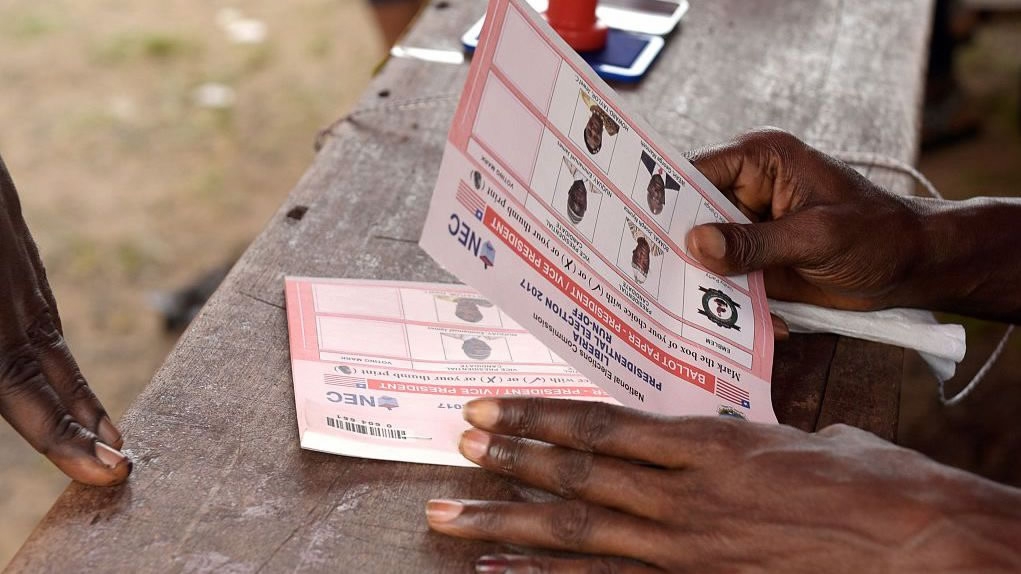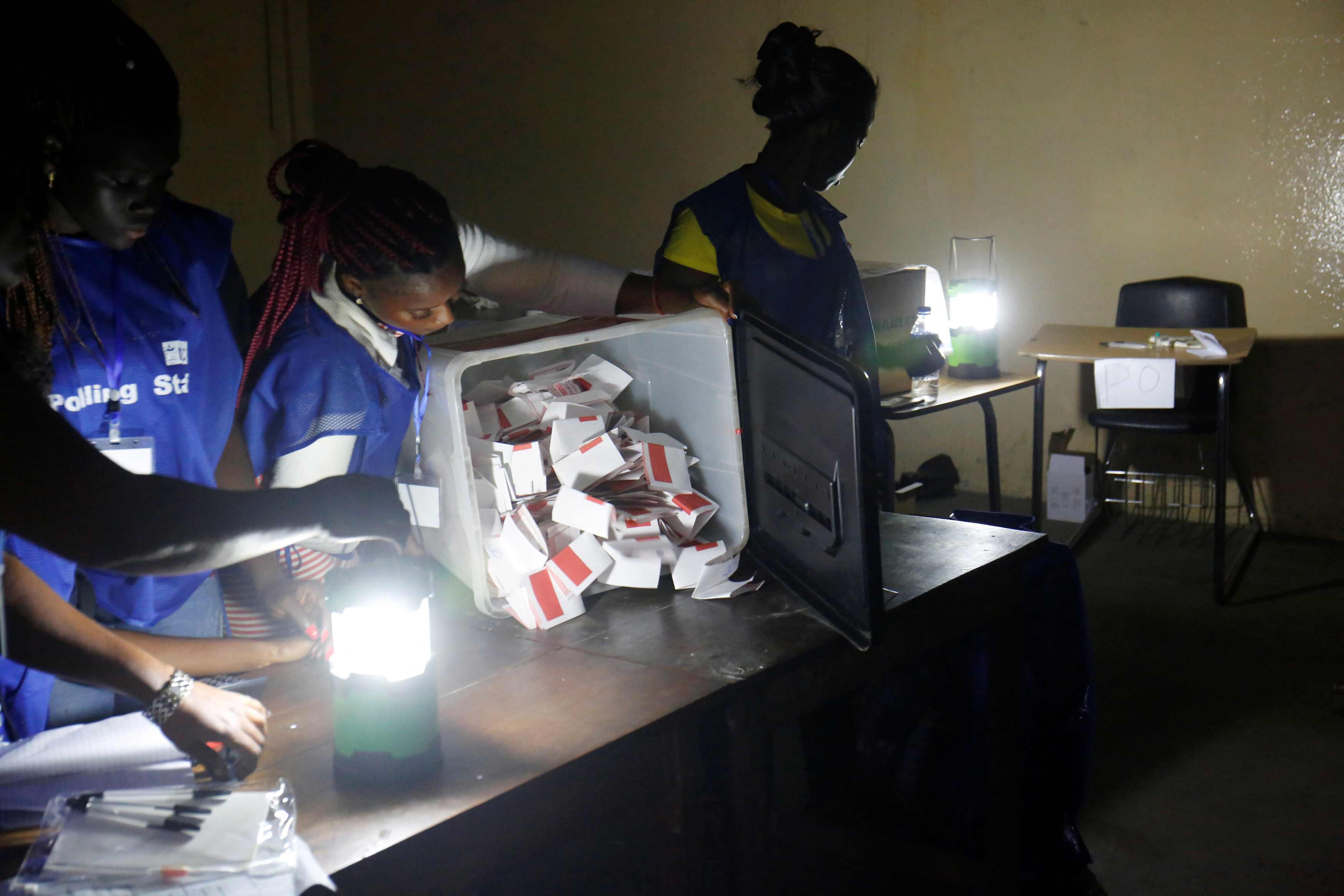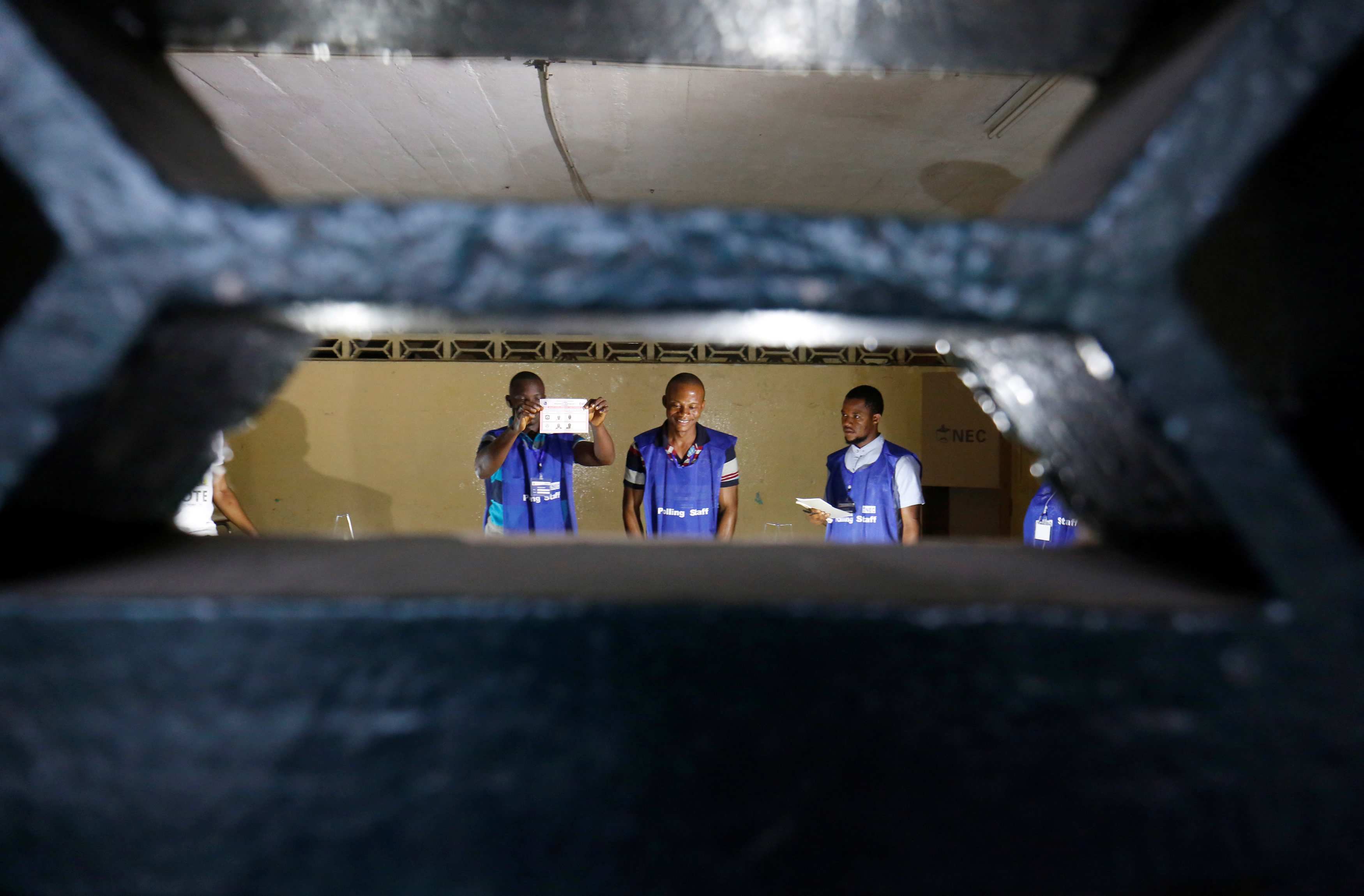
Opinions
12:14, 27-Dec-2017
Opinion: Liberian elections: Test of African democracy?
Guest commentary by Claudia Nsono

Democracy is a culture Africa is finding seemingly impossible to adopt. It remains a perfectly flawed copycat of supposed ideals from the West. At its best, Africa has introduced the world to a new breed of democracy clad in African beliefs, cultures and traditions, characterized by heavy ethnicity and tribe- and religion-birthed skirmishes. The continent is ruled by some tyrannical old fogeys who pay no more than lip service to the bidding of their electorates. They wield power for decades. This record- breaking overstay cannot be divorced from neocolonialism which supplanted colonial rule, making Africans believe they had been given autonomy. “That Africa ended up with big men at State House is not entirely unrelated to this colonial legacy," said Tanzania’s Benjamin Mkapa. "Colonialists did not prepare Africans for self-democratic rule.”
A few stand out, with Liberia peacocking. They pass on power peacefully besides the club of overripe powermongers who either die in power or are purged by coups. In 2006, Liberia’s 24th president, Ellen Johnson Sirleaf, became Africa’s first constitutionally elected female head of state. Her successors engaged in the runoff to succeed her are non-American Liberians. While retired professional football striker George Weah was born and raised in Monrovia in the Kru ethnic group, Joseph Boakai was birthed in Worsonga, both to native Liberian parents. A break from the 1847 constitution which restricted powers only to Americo-Liberians with slave backgrounds?

Polling staff start sorting the ballots for the Liberian presidential election at a polling station in Monrovia, Liberia, December 26. /Reuters Photo
Polling staff start sorting the ballots for the Liberian presidential election at a polling station in Monrovia, Liberia, December 26. /Reuters Photo
A successful abolition of a misconception among Liberians – insisting that candidates must be former slaves or have slavery in their background genes – would mean complete emancipation for the country at last. It could be bidding farewell to colonial traces and shutting possible doors to looming neocolonialism that would be found only in annals should every African nation borrow a leaf from their sibling, Liberia.
As Liberians went to the polls for the selection of their 25th president, the entire African continent took a test on democracy. As the world looks up to America at the mention of democracy, Africa does to Liberia. This may plausibly explain why it is one of three African countries named in the 2016 Freedom in the World report among countries with the greatest strides in political rights and civil liberties.
“While it is true that any significant cuts in development assistance might affect us, we, as a sovereign nation should become inspired to raise revenue locally to support our own development agenda. We remain grateful to the United States for its continued support," said outgoing President Ellen Johnson-Sirleaf.
Pundits have questioned why Liberia would not be a replica of America, enjoying more than 750 million US dollars in American aid since the war ended.

Polling officers start to count the ballots for the Liberian presidential election
at a polling station in Monrovia on Dec. 26. /Reuters Photo
Polling officers start to count the ballots for the Liberian presidential election at a polling station in Monrovia on Dec. 26. /Reuters Photo
The National Elections Commission oversaw the first elections entirely run by Liberian institutions and security forces since the country’s extensive period of civil wars ended in 2013. Johnson Sirleaf is constitutionally barred from running for a third term. She did not alter the constitution to thieve tenure in office, an opportunity most of her African ilk would murder for. It represents a must-borrow fresh leaf for all who dream of taking democracy from constitution pages to action.
Liberia’s current elections are therefore a big deal for its democracy and Africa’s. Although African democracy is limping, there are pockets developing on the continent; one of these is Liberia which, in addition to promoting democratic principles in its electoral processes, is equally emancipating itself from colonial influence. Whether powered by USAID or not, Liberia is walking the path of democracy and is about giving its mentor and African fellows a lesson.
(Claudia Nsono is an African investigative reporter. She is the Yaounde chief correspondent for The Rambler Newspaper and vice president of the Cameroon Journalism Trade Union, South West Chapter. The article reflects the author’s opinion, not necessarily the views of CGTN. )

SITEMAP
Copyright © 2018 CGTN. Beijing ICP prepared NO.16065310-3
Copyright © 2018 CGTN. Beijing ICP prepared NO.16065310-3